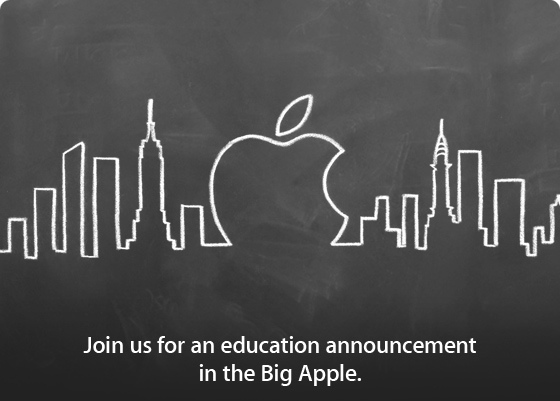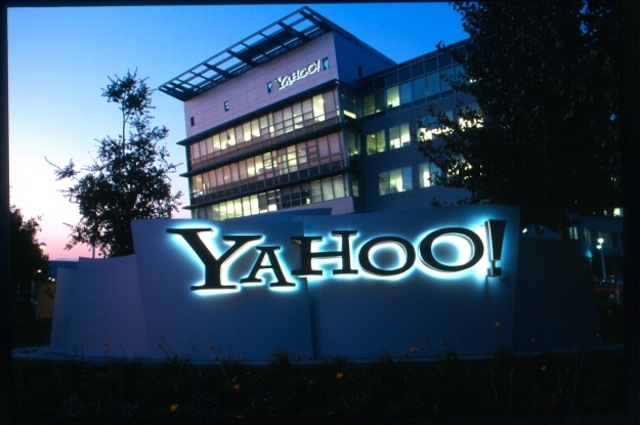Bigger, quicker and more congested are the predictions from consulting firm Deloitte’s 2013 Technology, Media and Telecommunications survey.
In Sydney last Friday, the Australian aspects of the report were discussed by Clare Harding and Stuart Johnston, both partners in Deloitte’s Technology, Media and Telecommunications practice.
Most of the predictions tie into global trends, with the main exception being the National Broadband network which Stuart sees as addressing some of the bandwidth problems that telecommunication companies are going to struggle with in 2013.
Technology predictions
For the technology industry, Deloitte sees 2013 as being a consolidation of existing trends with the trend away from passwords continuing, crowdfunding growing, conflict over BYOD policies and enterprise social networks finding their niches.
Some technologies are not dead; Deloitte sees the the PC retaining its place in the home and office, with over 80% of internet traffic and 70% of time still being consumed on desktop and laptop computers.
Deloitte also sees gesture based interfaces struggling as users stick with the mouse, keyboard and touchscreen.
Media predictions
Like 3D TV two years ago, the push from vendors is now onto smart TVs and high definition 4K televisions. As with 3DTV, much of the market share of smart and hard definition TVs is going to be because television manufacturers will include these features in base models.
Deloitte’s consultants see 2013 as one where “over the top” services (OTT) like Fetch TV and those provided by incumbents delivered start to get traction on smart TVs with 2% of industry revenues coming from these platforms.
Catch up TV is the main driver of the over the top services with 75% of traffic being around viewers watching previously broadcast content. This will see OTT services firmly become part of the incumbent broadcasters’ suite of services.
The bad news for some incumbents is the increase in ‘cord cutters’ as consumers move from pay-TV services to internet based content.
Smartphone and tablet computer adoption which is expected to treble will be a driver of OTT adoption as viewers move to ‘dual screen’ consumption, the connections required to deliver these services will put further load on already strained telco infrastructure which is going to see prices rise as providers respond to shortages.
Telecommunications predictions
The telecommunications industry is probably seeing the greatest disruption in 2013. With smartphones dominating the market world wide as price points collapse.
One of the big product lines pushed at this year’s CES was the “phablet” – while the Deloitte consultants find it interesting hey don’t seem convinced that the bigger form factors will displace the standard 5″ screen size during 2013.
As a consequence of the smartphone explosion is that apps will become more pervasive and telcos will try and build in their own walled gardens with All You Can App to lock customers onto their services.
With smartphones moving down market, largely because of the cost benefits for manufacturers, Deloitte also predicts many new users won’t access data plans given they’ll use the devices as sophisticated ‘feature phones’.
Data usage will continue to grow, particularly with the adoption of LTE/4G networks, although much of the growth will still be on the older 2 and 3G networks as lower income users choose plans which don’t require high speed data.
The looming data crunch
There is a cost to booming data usage and that’s the looming shortage of bandwidth, Deloitte sees this as getting far worse before it gets better.
With bandwidth becoming crowded, prices are expected to rise. In the United States, the “all you can eat” nature of internet plans is being replaced with “pay as you go” while in Australia data plans are becoming stingier and per unit costs are rising.
The London Olympics were cited as an example of how the shortages are appearing – while the Olympic site itself was fine, outside events like the long distance cycle races strained infrastructure along the route. We can expect this to become common as smartphones push base station capacity.
Where to in 2013
Deloitte’s view of where the telecom, technology and media industries are heading in 2013 is that incumbents will take advantage of their market positions as technology runs ahead of available bandwidth.
In Australia, governments might be disappointed as telcos internationally aren’t interested in bidding huge amounts for bandwidth. As Stuart Johnston says “globally what we’re seeing is that carriers are not as willing to spend. It’s not the cash cow that governments are expecting.”
For government and consumers, we’re going to get squeezed a little bit harder.
While things do look slightly better for telcos, broadcasters and other incumbents there’s always the unexpected which eludes all but the most outrageous pundits, it’s hard to see what the disruptive technologies of 2013 will be but we can be sure they are there.
The main takeaway from the 2013 Deloitte report is that smart TVs, 4K broadcasting, tablet computers and smartphones are going to be the biggest drivers for the technology, media and telecommunications industry for this year. There’s some opportunities for some canny entrepreneurs.
Similar posts:




